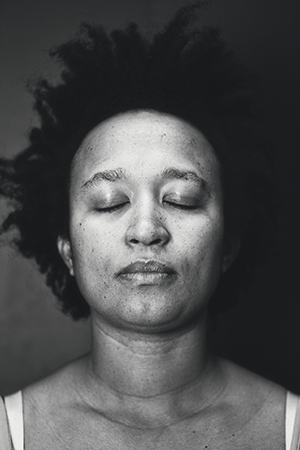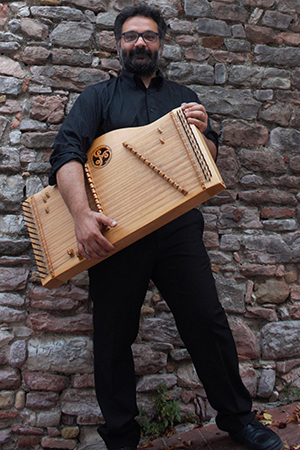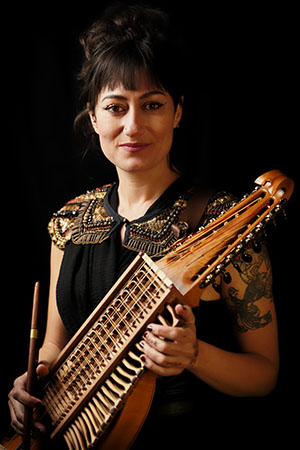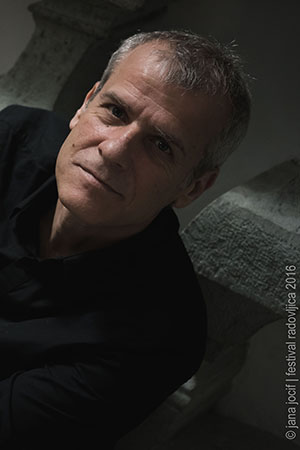ABOUT US
THE ENSEMBLE – LUCIDARIUM
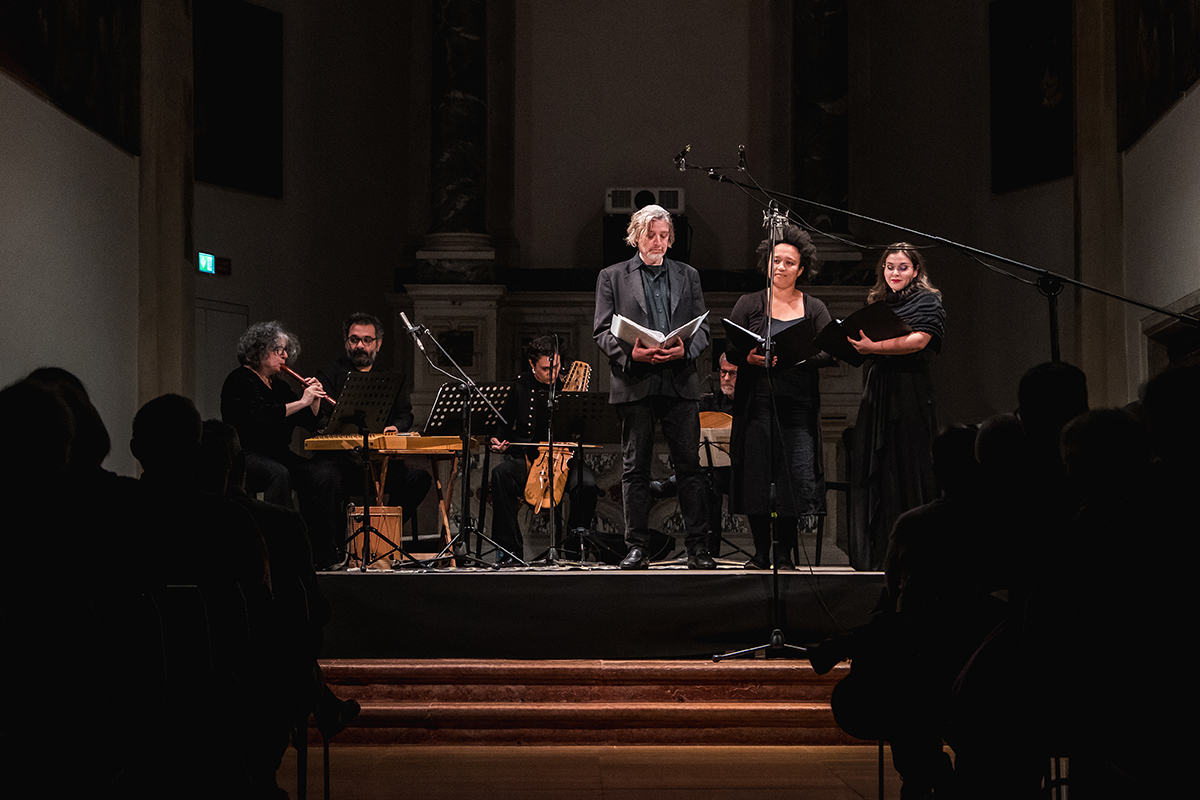
During a period in which history and art are constantly being reassessed in terms of colonialism, racism, inequality, and abuse, those of us who work in early music have more questions to ask than most. The answer (although this is not a unanimous opinion) is not to stop looking at Picasso’s paintings or listening to the St. John’s Passion. History, and art, when put into context, can be one of the most effective tools towards understanding.
In fact, in Lucidarium, we are convinced that Early Music can be used as an impetus for social change, and that the cultural heritage of the past should and must be used to learn about the present. Part of its mission is to prove that the artistic expression of the Middle Ages and Renaissance was not limited to European Christian males. Although most of their melodies might have been transmitted orally (rather than written down,) the people who lived in the shadows of the great institutions also made great music. And, even if it takes a little more detective work and a lot more research, we believe that their voices deserve to be heard, now more than ever.
For almost two decades, Lucidarium has been known for its programs that, working between poetry, historical sources, and the oral tradition, try to recreate the soundscapes of Jewish communities from the Middle Ages and the Renaissance (including Sounds from Shylock’s Venice, Ayn neue Lid, Iter Hierosolymitanum, and Ritual Echoes.) Other projects, using a similar blueprint, explore subjects ranging from the life of the common people at the time of the great Burgundian courts (L’Homme Désarmé,) an upcoming project dedicated to Queer culture (A Florence la Joyeuse Cité,) to music and science at the time of Leonardo da Vinci (Macchine.) The group has several multidisciplinary (with dancers and visual artists) and multicultural (with musicians from the contemporary World Music scene) projects, and has made numerous videos, most recently for the Utrecht Early Music Festival, the ShUM cities Artist in Residence Program and the Jüdische Woche Dresden.
Their latest program – Moriscos y Marranos – Songs from Exile, featuring singer and oud player Hussain Atfah, qanun virtuoso Turan Vurgun and ney virtuoso Tayfun Guttstadt, traces the Muslim – Jewish populations, and their music and poetry, in Spanish, Arabic and Hebrew as they fought to survive in Spain and in exile.
Lucidarium prides itself on exploring forgotten repertoires, making every concert a new experience, full of music the audience has never heard before. With a combination of painstaking research, and a joyful, spontaneous performance style, Lucidarium knows how to keep a 21st century public entertained — while sending them home with something to think about.
Avery Gosfield
Recorder, pipe and tabor, research, direction
Was born in Philadelphia into a music-loving family that produced a composer (Annie Gosfield), a virtuoso steel guitarist (Lucky Oceans), as well as one outlier, political artist Josh Gosfield. She attended Oberlin College, the Sweelinck Conservatory and the Schola Cantorum Basiliensis. Active as a performer, director, teacher and researcher, in 2004, a chance discovery of some Jewish-Italian sung poetry allowed her to conjugate her roots with her interest in early music. Since then, she has pursued the early-Jewish link with passion, winning research grants from the EAJC, the Rothschild and Hadassah/Brandeis foundations. Painstakingly reconstructing the music for sung poetry in Yiddish, Giudeo-Italian, Judeo-Catalan and Hebrew, she is now considered one of the foremost authorities on performing this neglected repertoire.
In 2011, she was invited to teach at Yiddish Summer Weimar which catapulted her into the Jewish music scene. Since then, she has been happily bouncing between the two worlds. She has taught master classes in recorder, pipe and tabor, medieval, Renaissance and Jewish music on five continents for international institutions such as the Schola Cantorum Basiliensis, the Early Music Center of the Geneva Conservatory, KlezKanada and the Royaumont Foundation, and regularly speaks in academic conferences, lay and specialized settings. She has written for De Gruyter, Brill and Indiana University Press and is currently pursuing a Doctorate in Artistic Research at the Orpheus Institute through the University of Amsterdam.
In 2016, she co-curated the symposium “Re-inventing a Usable past” for the STIMU foundation and the Utrecht Early Music Festival. In 2017, she organized and directed a Master Class at the Fondazione Cini as part of the EU project “Shakespeare in and beyond the Ghetto.” In 2019 she was a resident at the Bodleian Library, and, in 2022, was the first winner of the prestigious “ShUM Cities Artist in Residence” award, for the music video “Ritual Echoes,” inspired by and filmed in the medieval shaft mikveh of Speyer. She has written and produced two other videos: “Yiddishland,” about four Jewish artists living in Berlin, and “Silent Shadows,” which explores the links between micro and macro-aggressions in the history of antisemitism. From 2020 – 2023 she was director of the Jüdische Woche Dresden.
She is convinced that the Arts can be used for social change and that Early Music is one of the best ways to celebrate the deep, and continuous contributions that minorities, women, and all those who lived in the shadows of the great institutions have made to European culture, at the same time as it emphasizes how close the injustices and inequalities of the past are to those still here today. She is the director of “Spielen gegen Antisemitismus”, an association that attempts to fight against xenophobia, racism and misunderstanding by organizing grass roots events and bringing people into contact with Jewish and other minority artists and Arts, and, in her spare time, plays with the anti-fascist demonstration band, “Fiatelle Brasstiraden”.
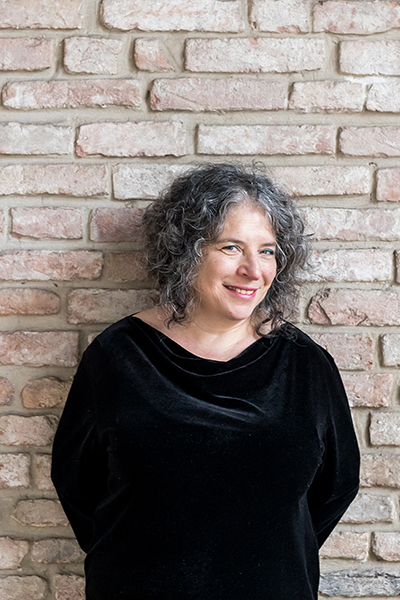
LUCIDARIUM

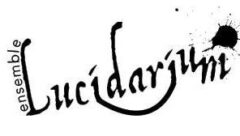
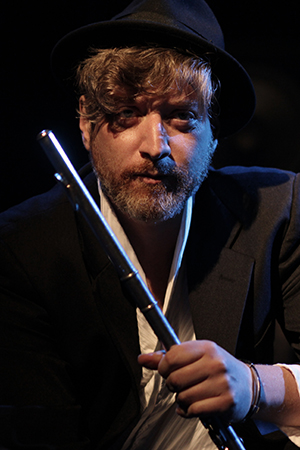 Enrico Fink graduated with a degree in Physics in 1994. In 1996, he renounced a scholarship to continue his studies in astrophysics in the United States in order rto follow a career path centered around music, theatre, writing, Jewish culture and the promotion of cultural diversity. Since then, he has carried out his music and musical research interests together with his ongoing rabbinical studies, and often sings as a cantor in his home synagogue in Firenze. He is one of the founders and coordinators of the
Enrico Fink graduated with a degree in Physics in 1994. In 1996, he renounced a scholarship to continue his studies in astrophysics in the United States in order rto follow a career path centered around music, theatre, writing, Jewish culture and the promotion of cultural diversity. Since then, he has carried out his music and musical research interests together with his ongoing rabbinical studies, and often sings as a cantor in his home synagogue in Firenze. He is one of the founders and coordinators of the 